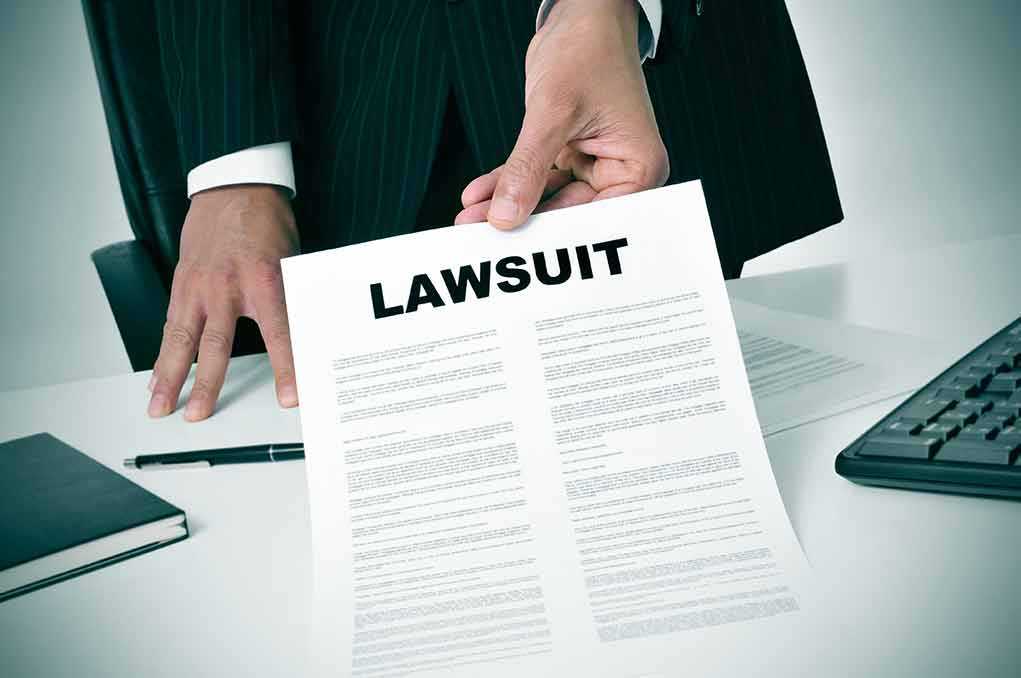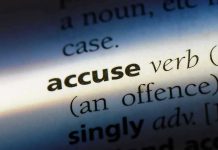
Former Apple engineer Di Liu stole thousands of Vision Pro headset trade secrets and deleted evidence after secretly accepting a job at competitor Snap, according to a lawsuit that reveals the desperate lengths foreign nationals will go to acquire American technology.
Key Takeaways
- Apple filed a lawsuit against former engineer Di Liu, a Chinese citizen, for allegedly stealing thousands of confidential documents related to Vision Pro technology before joining competitor Snap
- Liu reportedly claimed he was leaving Apple for “health reasons” while already accepting a position at Snap, deliberately misleading Apple to maintain access to proprietary systems
- The lawsuit alleges Liu deliberately selected, renamed, and reorganized files before copying them to personal cloud storage, then attempted to conceal his actions by deleting files from his work laptop
- Apple is seeking unspecified financial damages, return of stolen documents, and a forensic examination of Liu’s devices to ensure complete deletion of trade secrets
Calculated Deception: How Liu Allegedly Orchestrated the Theft
Apple’s lawsuit, filed on June 24 in Santa Clara County Superior Court, details a calculated scheme by Di Liu, a San Jose resident and Chinese citizen, to misappropriate valuable intellectual property. According to court documents, Liu tendered his resignation on October 30, 2024, claiming he needed “to spend more time with his family and take care of his health,” but had already accepted a position at Snap two weeks earlier on October 18. This deliberate deception prevented Apple from immediately revoking his access to sensitive internal systems, as would be standard protocol for an employee transitioning to a competitor.
“Mr. Liu’s actions were deliberate; logs on his Apple-issued work laptop show that Mr. Liu individually selected the folders he copied and, in some cases, renamed and reorganized them after moving them to his personal cloud storage account,” Apple said in the complaint. “Further, Mr. Liu took actions to conceal movement of the files, intentionally deleting files from his Apple-issued work laptop,” declared by Apple.
Apple’s internal investigation revealed that Liu downloaded thousands of proprietary documents to his personal cloud storage before departing. These documents reportedly contained highly sensitive information about Apple’s Vision Pro technology, including codenames, technical specifications, product design details, and supply chain information – precisely the type of intellectual property that would be valuable to a competitor like Snap, which produces AR Spectacles products that compete in the same market space.
Systematic Theft and Cover-Up Attempt
The lawsuit describes Liu’s alleged actions as far more than a casual oversight or accidental download of company materials. Apple’s legal team presented evidence suggesting a systematic approach to stealing valuable intellectual property, including selective targeting of specific folders containing Vision Pro research, deliberate renaming and reorganization of files, and attempts to cover his tracks by deleting evidence from his company-issued laptop.
“Worse still, the review of Mr. Liu’s Apple-issued work laptop also shows that while maintaining access to Apple’s Proprietary Information under false pretenses, he used his Apple credentials to exfiltrate thousands of documents containing Proprietary Information from Apple’s secure file storage systems,” stated the iPhone maker’s lawyers.
Apple’s lawyers further noted that the company cannot determine the exact content of all downloaded files but highlighted the suspicious timing and apparent overlap between the stolen information and Liu’s new role at Snap. “The overlap between Apple’s Proprietary Information that Mr. Liu retained and Snap’s AR products (for which Mr. Liu is a ‘product design engineer’) suggests that Mr. Liu intends to use Apple’s Proprietary Information at Snap,” according to the filing.
Snap’s Response and Legal Remedies Sought
While Snap has not been named as a defendant in the lawsuit, the social media company has distanced itself from Liu’s alleged actions. “We have reviewed the allegations in Apple’s Complaint and have no reason to believe they are related to this individual’s employment or conduct at Snap,” said a Snap spokesperson, suggesting either they have not found evidence of Liu using the stolen materials or are preemptively protecting themselves from legal liability.
Apple is pursuing multiple remedies through the courts, including unspecified financial damages, the immediate return of all stolen documents, and a forensic examination of Liu’s devices to ensure complete deletion of trade secrets. The lawsuit also highlights Apple’s stringent approach to protecting intellectual property and willingness to pursue legal action against former employees who violate confidentiality agreements, joining a series of similar cases the tech giant has brought against former employees in recent years.
This case serves as yet another example of the ongoing threat to American technological innovation, particularly when foreign nationals gain access to sensitive proprietary information that could potentially benefit foreign competitors. While there is no direct evidence linking this case to foreign entities, the pattern of intellectual property theft targeting American companies continues to raise concerns about the protection of domestic innovation and economic security.
















